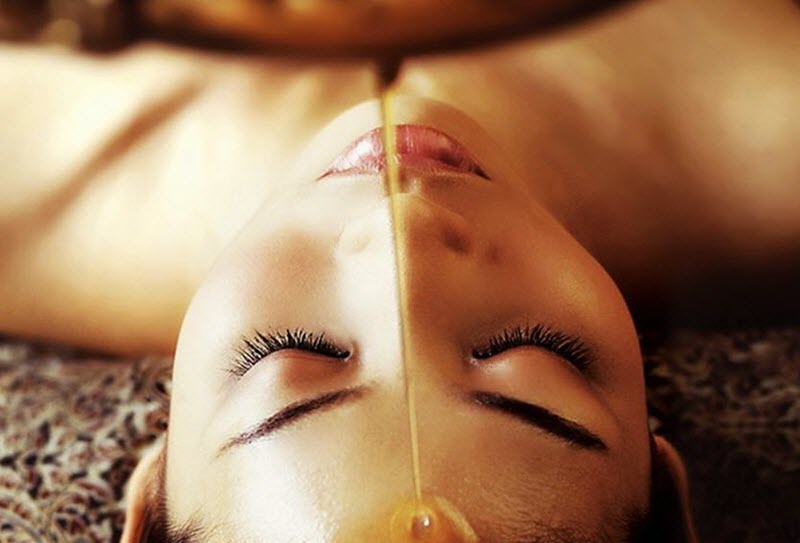- Home✖
- Tours & Activities❯
-
Price-list (PDF)
- All Phuket Tours & Activities...
- Islands, Sightseeing, Night Shows, Adventure, Fishing, Safari, Extreme, 1/2 Day, 1 Day, Diving, Snorkeling, Thai Cuisine Cooking Class, Photographer, Private Tours
- Yacht Rental
- Tickets
- Shopping❯
- view all shops...
- Photographer
- SPA
- Visa Service❯
-
- Transfers❯
-
view all destinations...
- Transfers to Islands
-
Phuket ↔ Phi Phi
Phuket ↔ Krabi, Ao Nang, Railay Beach
Phuket ↔ Koh Lanta
- Taxi❯
- Airline Tickets
- Online Support
- Up
Exotic fruits of Thailand
Tropical climate with rainy and dry seasons favors the growth and maturation of unique fruits and vegetables which are quite rare in other parts of the world. Exotic fruits of Thailand are rich in vitamins and beneficial properties. Tropical fruits of Phuket differ from our usual fruits, so if you are going to the local market for shopping, it is better to read and learn some information about them before buying.
Fruits of Phuket
You should definitely taste the most delicious fruits of Phuket, which you can easily buy on local markets.
The durian
Of course, the king of the Thai fruits is the durian. This fruit with oval shape and green skin combines a pleasant creamy taste and a terrible smell. It is even forbidden to bring durian to the hotels and public places because of the unpleasant aroma. About 200 species of this fruit grow In Thailand, but the most popular are Cha Nee, Mon Tong and Gahn Yao. Durians ripen during the period from May to October, but they are sold on the markets all year round. The weight of a durian can reach up to 5 - 7 kilograms.
A durian consists of pulp with small seeds. You can roast and eat the seeds like nuts. It is possible to eat fresh durian, use it for cooking sauces and cocktails. Dishes with durian are rich in carbohydrates, iron, protein, calcium and vitamin C. Durian helps to increase the blood pressure and can increase the impact of alcohol, so it is not recommended to have durian together with alcohol drinks.
Lychee
Lychee (Lin chi) is a pink-purple fruit with soft pulp which reminds a grape. Previously lychee was imported to the island from China and its price was quite high. Now a wide variety of Lychee is grown on the Thai farms. Fruits ripen during the period from mid-spring to early summer.
Guava
Guava was also imported to Thailand from South America. The pulp of guava is eaten with sugar, salt or spices. Guava ripens throughout the year.
Mangostine
Mangostine is a sweet and a little tart fruit. It has a thick rind of dark red color and creamy pulp. It is better to eat the pulp with a fork. Mangostine ripens in the rainy season from April to September and it is grown mainly in the South of the country.
Carambola
Carambola is called the "star" fruit because of its look. If you cut across this yellow-greenish fruit, the slice will have a form of a five-pointed star. It is rich in vitamin C and has a pleasant floral taste. Carambola ripens during the period from October to December.
Papaya
Papaya is especially popular among locals and tourists and it is eaten for breakfast, lunch and dinner. Fruits ripen all year round and are inexpensive. Ripe papaya has a yellow-orange core with reddish sides. Green papaya is also used as the main ingredient in many Thai dishes.
Coconuts
It is impossible to imagine Thai cuisine without coconuts. It is often used for cooking rice, soups, syrups and desserts.
Tamarind
A special sweet kind of tamarind is also grown in Thailand. Local residents make drinks with tamarind or eat it fresh.
longkong
Do not forget about the useful longkong fruit, which ripens during the period from May to November, mainly in the South of the country. It is a small round and sweet fruit which grows in clusters. You can eat longkong fresh but you shouldn’t bite a very bitter bone.
Salak
Salak is a tropical fruit with unusual looks which ripens during the period from April to May. Salak has a shape of a drop, dark brown peel covered with small needles.
Jackfruit
Jackfruit (Kha-nun) is one of the largest fruits in the world. Their weight can reach up to 40 kg. This miracle of nature grows on the breadfruit tree. Jackfruit has brown peel and numerous yellow wedges which taste reminds of a banana or mango. Fruit ripens from January to May. The ripest and sweetest jackfruits have a bright yellowish color and a distinctivesmell. It is better to buy already cleaned jackfruits.
Jackfruit is widely used in Thai cooking. For example, ripe fruits can be eaten fresh or added to cocktails, syrups or desserts. Even the leaves of the jackfruit are added to salads because it is very useful and rich in nutritional components. Due to the large number of sucrose, this fruit is considered a natural energetic.
Rambutan
Rambutan (ngo) stands out from the rest of the fruits due to its unusual color and look. It has a round shape, red skin with green bristles. Rambutan has the light pulp which tastes like grape and the taste of the bone reminds a nut. The most ripe fruits have a bright color and the ripening season is May-October. This" funny ingredient " is added to desserts, syrups, pies, and eaten with chicken and seafood. Many useful components of rambutan strengthen the immunity.
Vegetables of Phuket
Mini-eggplants
There are growing exotic varieties of eggplants such as cherry eggplants, the Thai eggplants and mini-eggplants. The taste of the Thai eggplant is not much different from the traditional but its looks are absolutely different. The Thai eggplant is round, green and small
Chili pepper
Chili pepper can be called "The king of vegetables" in Thailand. The Thais like to add chili to almost all dishes, even to some desserts or mix it with sugar. Pepper is also very good for our health. Its components destroy cancer cells and strengthen immunity.
Bitter melon
Bitter melon looks like a large yellowed cucumber with pimples. It has a very bitter taste. But local people love this vegetable very much for its useful properties. Melon improves digestion and even helps fight HIV, malaria, diabetes and pancreatic cancer. Before eating, melon is pickled for several hours in salty water. Then it is thermally treated. Melon can be stuffed with various fillings or added to soup. Those who do not want to eat this vegetable, can buy tea made of dried bitter melon which retains all the useful properties.
Mushrooms
A huge number of different mushrooms grows in Thai forests during the rainy season. In addition to wild mushrooms you can buy cultivated species in local markets and shops. The most popular varieties are straw mushroom (grown on straw), black mushrooms and fragrant Shiitaki.
Bamboo
In this fabulous country you can taste refreshing young shoots of bamboo. However, only a certain grade of bamboo is suitable for eating. Bamboo shoots can also be pickled and canned.
Daikon
A daikon reminds an "Asian relative " of the traditional radish. Daikon has an oblong shape and light color. The Thais add daikon to different dishes and snacks.
Tarot
Tarot is another root vegetable , which is sold on local markets. Tarot grows on the banks of rivers and tastes like potatoes. The Thais eat boiled tarot or add it to desserts.
TAXIPATTAYA DOT NET COMPANY LIMITED (Co. Ltd), 0205560035104, 215/36, Moo 6, Nongprue, Banglamung, Chonburi, Thailand 20150




Leave a comment